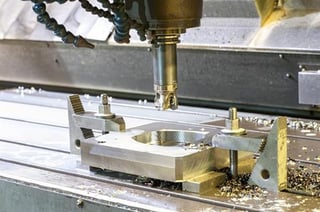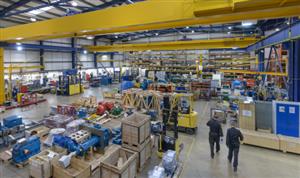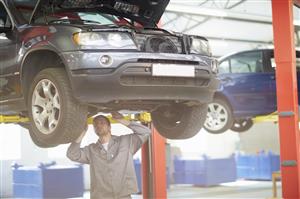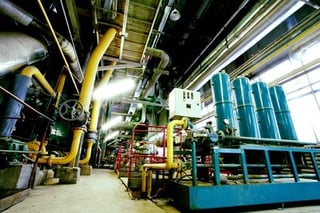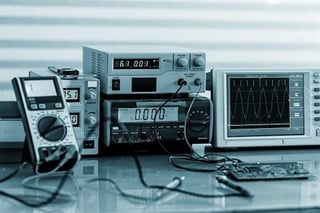
Whether your business is moving up a floor or downtown, your business assets can easily become lost or damaged during a move. Tangible personal property appraisals can protect your possessions from moving-related loss or damage. Learn what these appraisals are and why you should have an equipment appraiser perform a tangible personal property appraisal before a business move.
What is a Tangible Personal Property Appraisal?
Originally a tax term, "tangible personal property" refers to any piece of property that can be picked up and moved. Your reception area furniture, business printers, and specialized tools all count as tangible personal property. Appraising tangible personal property can set equipment values for insurance purposes, depreciation, and amortization.
While any piece of tangible personal property can be appraised, it may not make financial sense to have a machine appraisal done for every item your business owns. An equipment appraiser can focus on setting the value of costly pieces of equipment, machinery, and furniture over inexpensive items like office decor or hardware.
While there are many use cases for hiring an equipment appraiser, a move is an often overlooked reason to have tangible business property appraised.
Why to Hire an Appraiser Before a Move
If you are working with a moving company on your upcoming relocation, they probably offer liability coverage to protect them from damaging or losing your items during the move. One of the biggest mistakes you can make is trusting that this coverage will be sufficient to protect your property. This type of insurance typically covers your things by weight, assessed value, or so-called replacement value of your items. Weight coverage values could be as low as $0.30 to $0.60 per pound, Allstate reports. In a worst-case scenario, a mover could misplace an expensive yet lightweight piece of optometry equipment and only have to reimburse your business $1.
If the loss of equipment would cause a disruption to your business and paying out of pocket to replace it would cause financial hardship, then we strongly recommend that you have a machine appraisal of your tangible personal property before your move.
The appraiser will value your equipment, so you know exactly how much your fair market value your machinery commands. The appraiser can tell you how much it might cost to replace the optometry tool with a tool of similar value.
Once you have the appraisal report, you can reach out to your business insurance provider and discuss covering your business assets for the purpose of the move. If something is lost, your claim will be subject to the deductible on your policy but otherwise you will receive money from your insurer to cover the cost of repairing or replacing your equipment.
Before they can cover a claim, insurance companies want an outside opinion regarding the value of your equipment. When you have already done a machinery valuation, you can send them a copy of your appraisal report that certifies your equipment has a particular value. Getting the tangible personal property appraisal ahead of time protects your assets in case something goes wrong and gives you peace of mind during a highly stressful business move.
Take the extra step now to protect your business assets with a personal property appraisal. Even if nothing goes wrong in the move, you will be glad to know that vital business assets are protected to their full market value.


